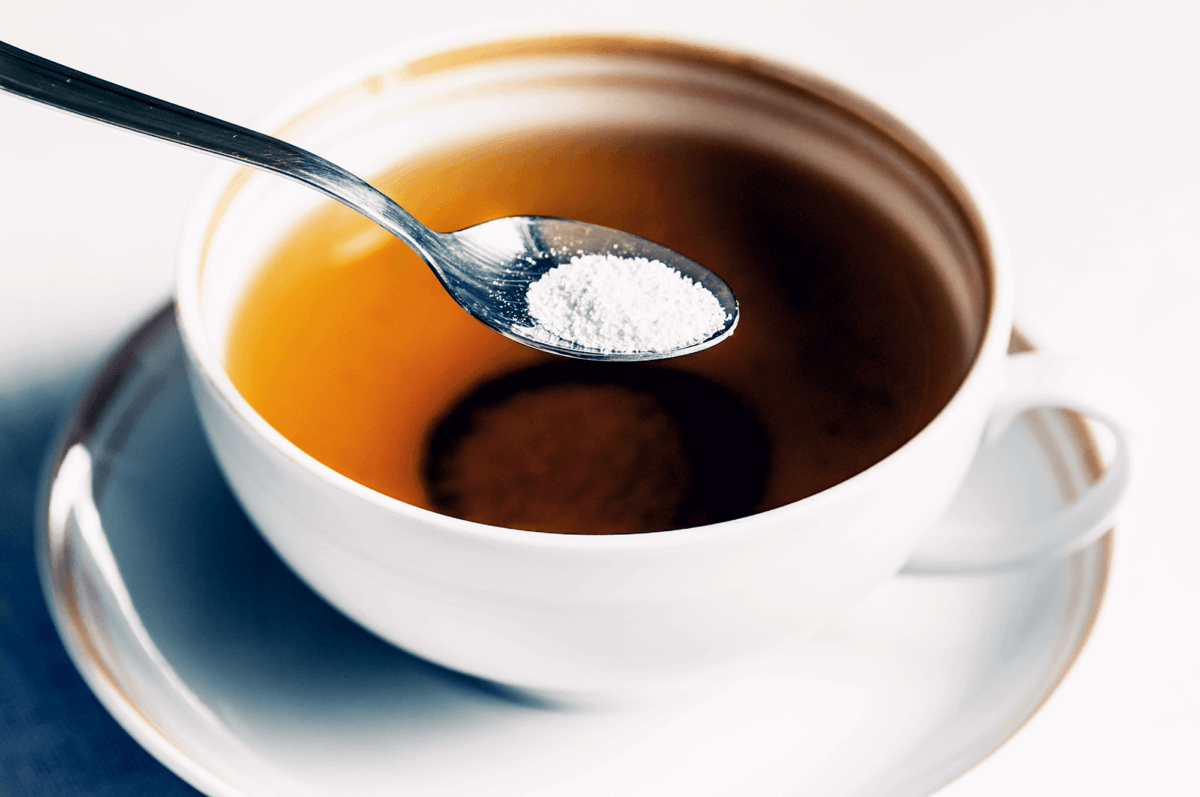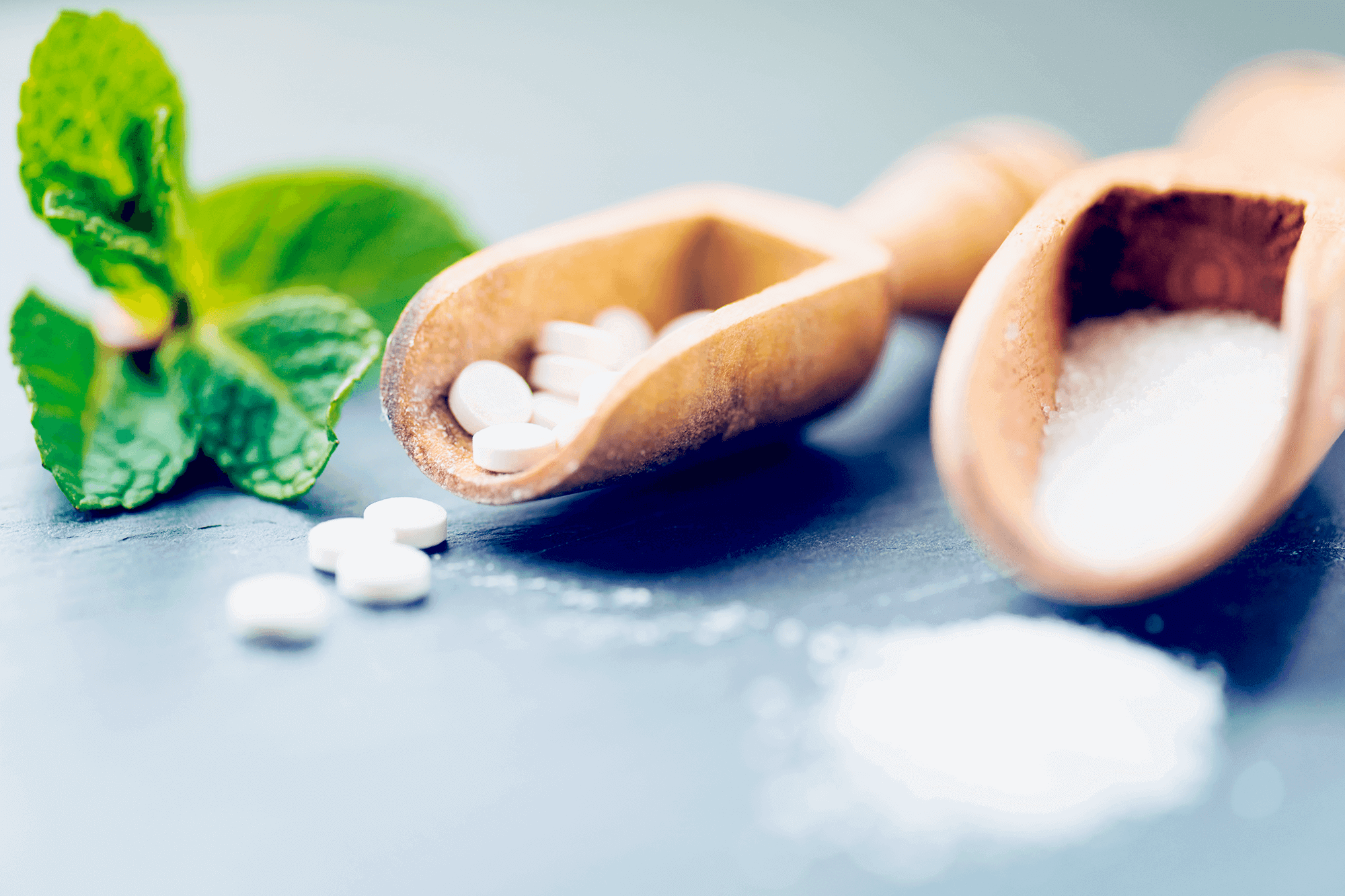"Erythritol linked to heart attack and stroke finds new study" were the headlines on various media platforms. But is that what the study showed, and is erythritol really something to be worried about if you regularly consume products that contain it?
Overview
What did they test? The authors looked at plasma levels of erythritol in three different cohorts of individuals in feeble health.
What did they find? They found that those who were at higher risk for cardiovascular disease had higher levels of erythritol in their blood.
What does it mean for you? Erythritol is naturally produced by the body and has been found to be present in higher quantities in obese and unhealthy individuals. This study did not assess dietary erythritol or impose any form of dietary control over the participants, who were individuals in very poor health. The study’s results have more implications for future research on erythritol versus directly impacting whether you consume erythritol or not.
What's the Problem
Artificial sweeteners have become part of our diets. They have enabled a lot of us to be able to consume sweet food and beverages without the addition of extra calories that would typically come from sugar. Artificial sweeteners like sucralose and aspartame are found in many products we consume (e.g., soft drinks) and have often received negative attention from mainstream media and the usual "social media experts." Regarding fear-mongering on artificial sweeteners, we’ve heard it all from blog posts on how aspartame is worse than sugar to people trying to argue that its sweet taste will trigger an insulin response contributing to fat gain and increased hunger. If you don’t know better, you may be skeptical about their safety and whether they can be part of a healthy diet.
Let’s not forget the classic "what happens to your body one hour after you drink diet coke" picture that was and is still getting shared on social media detailing the horrific timeline of consuming the devil’s drink that is diet coke. It goes from "attacks your teeth" to "turns on fat storage mode" to "causing addiction" and finally leaving you "thirsty for more" while "depleting nutrients."
However, the current scientific evidence shows that, in moderation, artificial sweeteners can be fine for both health and fat loss, especially when consumed as part of a balanced diet 1. Artificial sweeteners can also be beneficial for weight loss when used as a replacement for sugar. Some studies show that replacing sugar consumption with artificial sweeteners contributed to modest reductions in body weight 1. It is important to note that there is evidence from cohort studies linking artificial sweeteners to an increased risk for mortality, cardiovascular disease, and even obesity. Still, more research is needed to fully understand whether that association is genuine or a result of reverse causation 2.

Another artificial sweetener in many products we "fitness enthusiasts" consume is erythritol (found in many protein bars/cookies, energy drinks, etc.). Erythritol is a naturally-occurring non-nutritive sugar alcohol, aka a polyol, that is approximately 70% as sweet as sucrose and leaves no aftertaste. Erythritol is produced endogenously in healthy human blood cells from glucose via the pentose phosphate pathway 3. It is also found in fruits like melon and grapes and even in fermented foods like cheese 3. Regarding erythritol's safety, the FDA has approved it as a "generally recognized as safe" substance for consumption and use as a sweetener, stabilizer, and thickener in various products 3. The European Food Safety Authority has also approved erythritol as safe for use in food and beverages. Recent evidence suggests that erythritol can be a potential solid replacement option for sugar in both healthy and diabetic adults as its consumption does not seem to have any effect on glucose or insulin while also observing a satiating impact due to its effect on gut hormone secretion 3.
A new study was recently published in the prestigious journal "Nature" titled "The artificial sweetener erythritol and cardiovascular event risk," which had the internet going wild. It’s March 2023, and if I type just the word "erythritol" on Google, some of the first results I get are:
"Artificial Sweetener Erythritol’s Major Health Risks," "Zero-calorie sweetener linked to heart attack and stroke, study finds," and "Why local protein bar brand abstains from erythritol."
The study mentioned above has gotten A LOT of coverage and has had people lose their minds over the consumption of erythritol and its potentially harmful effects on health. But as you probably know by now, the findings of any study are not exempt from critical analysis and should not be taken at face value, regardless of where they’re published.
So, without further ado, let’s look at the (in)famous erythritol study and see what all the fuss is about.
Purpose & Hypothesis
The study examined the relationship between plasma erythritol levels and cardiovascular disease. However, the authors did not formally state a hypothesis.






